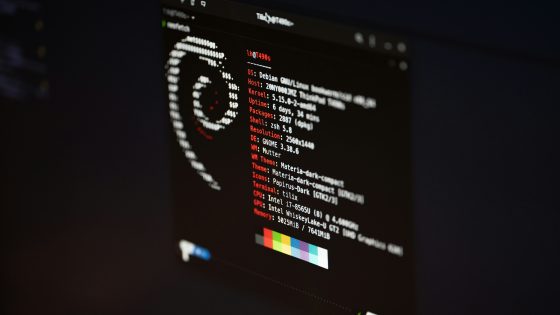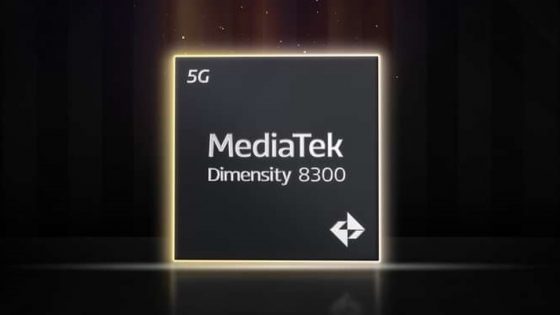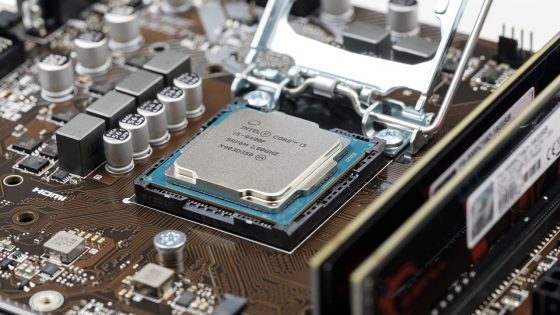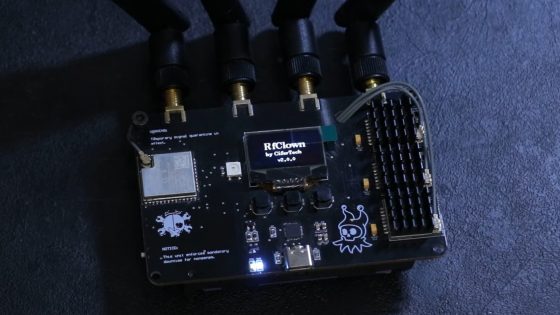Emmanuel Macron warns that the new act on artificial intelligence may hinder innovation
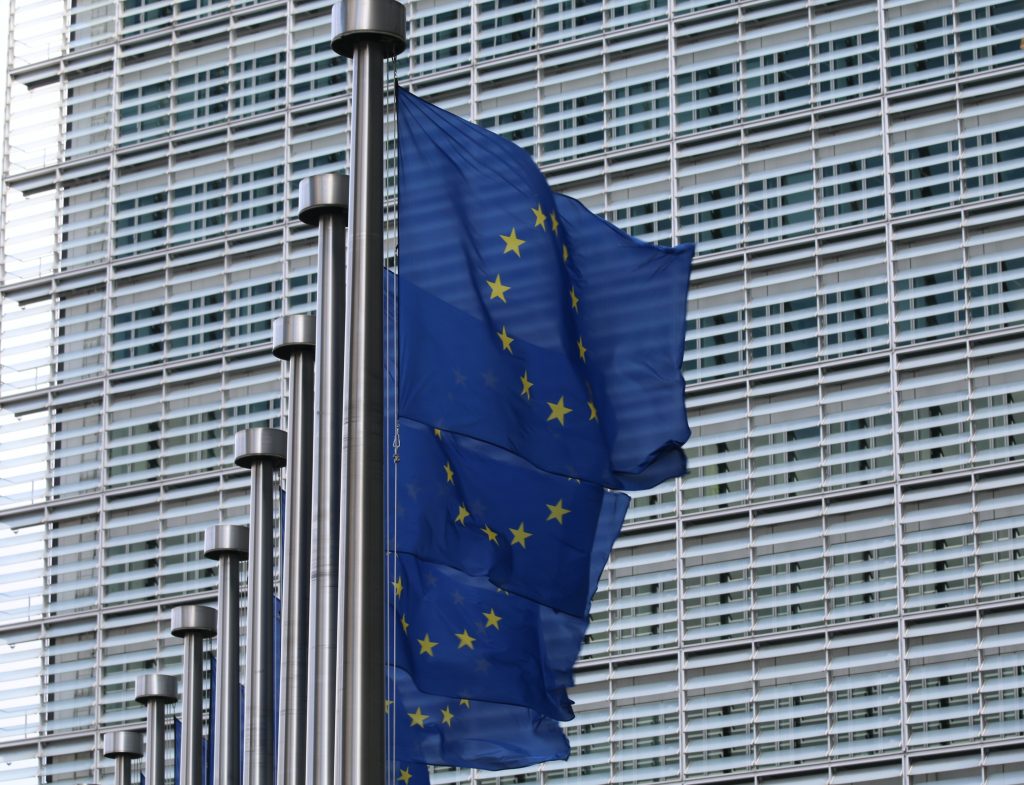
Emmanuel Macron has warned that landmark EU legislation to deal with the development of artificial intelligence could hamper European tech companies compared to competitors from the US, UK and China, setting the stage for a new battle over the regulation of the technology in question.
The French president addressed an audience in Toulouse on Monday and “attacked” the new act on artificial intelligence that was passed last Friday: “We can decide to regulate much faster and much more strongly than our main competitors. This will regulate things that we will no longer produce or invent. This is never a good idea.“
Macron said he was worried the new law meant the EU would impose the world's toughest regime on so-called core models. The technology behind generative AI models such as OpenAI's ChatGPT. There's probably no need to waste words on what these models can do, right?
As an example of a “French genius” who was an early leader in designing artificial intelligence models, he cited Mistral, an eight-month-old startup based in Paris that was valued at €2 billion in a landmark funding round.
Macron added: “"If I look at France, we are probably the first country in the field of artificial intelligence in continental Europe. We are on the heels of the British. They will not have this regulation on basic models. Above all, we are all very far behind the Chinese and the Americans."
Macron's comments may herald a new battle over the final terms of the artificial intelligence act, which must be ratified by member states in the coming weeks. France, along with Germany and Italy, are in initial discussions on efforts to amend or block the act's adoption.
“The stakes are high and the French will try to prevent it,” said a person familiar with the matter. However, these unnamed sources believe that the text will ultimately be adopted despite the opposition.
French negotiators tried to soften the proposed rules in marathon talks last week, but in the end the bloc settled on a strict regulatory regime that introduces new transparency requirements for powerful artificial intelligence models and strict limits on the use of facial recognition technology.
The new rules, which are likely to come into force in early 2025, also ban the use of artificial intelligence for “social scoring,” the use of metrics to rank people based on their behavior or personal characteristics. Companies that fail to comply with the new legislation face fines of up to 7 percent of their turnover.
“A last-minute attempt to regulate the models turned everything upside down", she said Cecilia Bonefeld-Dahl, CEO of DigitalEurope, an organization representing Europe's technology sector.
“The new requirements – alongside other sweeping new laws such as the Data Protection Act – will require companies to spend a lot of resources to comply with, resources that they will spend on lawyers instead of hiring data engineers and similar profiles.“






